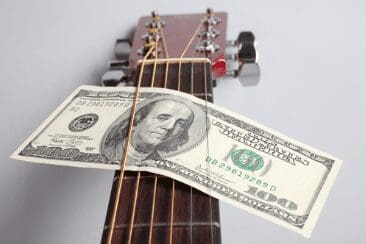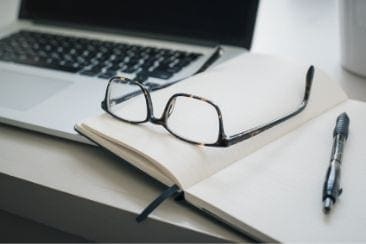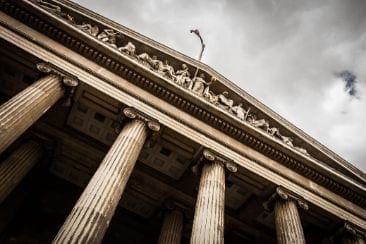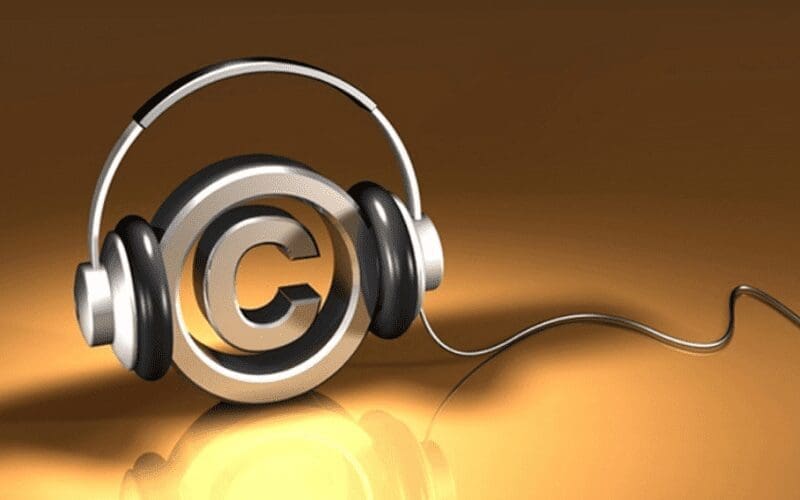
Following the release of our Sync Portal. We are providing members with a series of blog posts to encourage you to get Sync ready. This blog is the 3rd in the series following on from Music Metadata for Sync and Mixing and Mastering. This blog will tell you all you need to know about music rights.
Keep on reading for everything you need to know!
What Are Music Rights?
There are a lot of elements that go into creating a piece of music. It is important that as someone who shares their art with other people, it’s only fair that you receive the credit for doing so. And you protect your creation.
In this section, we will go through the different elements of copyright on a piece of sheet music. So what are all these various music rights? Well, the main ones are:
- The copyright holder in musical works and the lyrics of the underlying song – otherwise often referred to as “publishing rights”. Writing includes not just the lyrics and topline but the composition as well;
- Copyright in the sound recording of that song – otherwise often referred to as the “master rights”;
- Performers’ rights – those who have performed on the recording (producers, musicians, etc) have rights in those performances;
- Public performance rights – e.g. performing the song live, broadcasting the song or the recording on the radio, or playing it in a public place, and that includes via online means – streaming or downloading a song/recording may constitute a public performance.
- Mechanical rights – the right to reproduce a song in a “mechanical” format. In other words, on vinyl, CD, DVD, Blu-Ray, a stream or a download. Each and every very time a song is replicated this way, a royalty is paid to whoever owns or controls the copyright in that song’s music rights.
What Is A Sync in relation to Music Rights?
In short, it is the right to take and copy a song. And by extension the recording of that song, and “synchronise” it to visual images. Which could be film, TV, still images, stop-motion, animation, CGI, computer games, adverts, and audio-visual projects for example.
Who Owns Or Controls All These Music Rights?
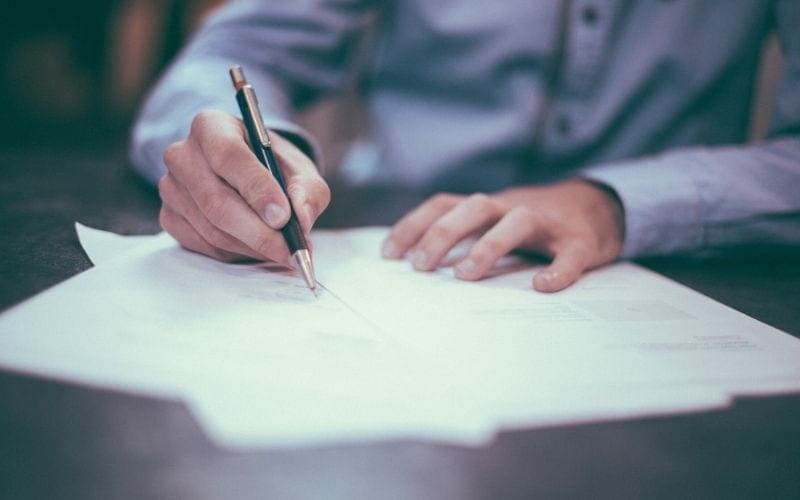
- Sync rights: this is the permission to take a song and, separately, the recording of that song. And sync both to the images in question. Sync rights are held by whoever owns or controls the copyright in the song or the recording. Usually, that is the music publisher or the record label. But might be the song-writer or the producer of the recording themselves;
- Performers’ rights: usually owned or controlled by the record label or producer of the recording
- Public performance rights in the song: as a writer/composer of a song you are entitled to receive royalties every time your song is heard publically or broadcasted – this is music rights. To protect your rights and ensure that all the royalties owed are paid to the relevant people. You must register each and every composition (song) with your country’s performing rights organisation (PRO). In the UK, that’s the Performing Right Society (PRS). In the US, that’s ASCAP, BMI and SESAC mostly. The PRO then grants a master-use license to anybody who wants to broadcast or communicate the song to the public;
- Public performing rights organizations: again, the producer and artist of a recording are entitled to receive royalties every time that recording is heard publically or broadcasted. Again, if that is you, you must register that recording with the appropriate PRO. In the UK, that’s the Phonographic Performance Limited (PPL). The PPL then grants licences to anybody who wants to broadcast or communicate that recording to the public;
Mechanical music rights: the PRO that deals with these rights/royalties is the MCPS which has now partnered with the PRS under the umbrella “PRS for Music”. The MCPS/PRS for Music rights licensing grants licences to anybody who wishes to reproduce songs in a mechanical format.
How Do I Get Paid For A Sync?
The Sync fee is an upfront cost paid for the use of a piece of work. The amount varies depending on various contributing factors when it comes to music rights. One is your establishment as an artist. The other is how the song is used within the media meaning the length of time. The territories in which the track will be heard etc.
It’s important to note that PROs do not usually deal with the sync fee and for a smaller independent artist the price of the sync fee can vary. However, placement in a good tv show or on an advert can be pivotal in getting your song or recording heard. Queue constant streams of that song on that advert. To ensure you’re making money from that you should register with a PRO.
Performing Rights Organisations
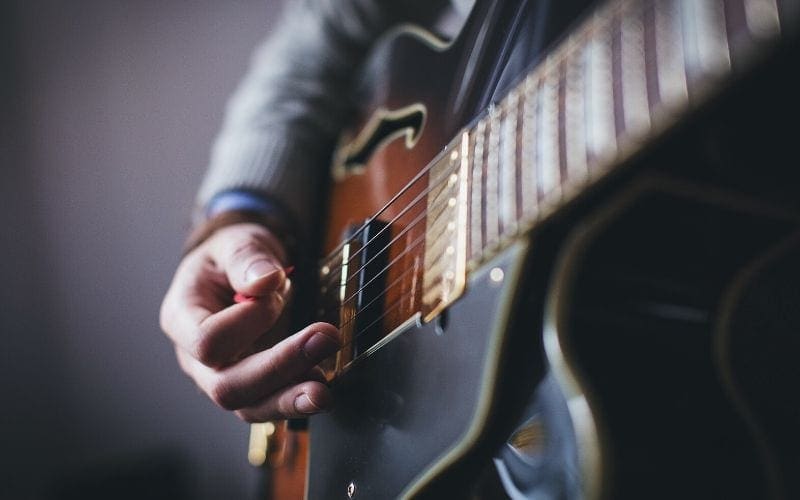
PROs collect royalties whenever your music or recordings are played publically. They do so by giving a unique code to each song or recording you register. So, for example, the PRS can track the use of songs in this way by the ISWC code. The PPL and MCPS/PRS for Music can track mechanical royalties via the ISRC code. Essentially a unique identification number for each recording.
These codes help distinguish your music or your recording from similarly titled songs and recordings by other writers/artists. They also provide metadata.
PROs will pay directly to their members; for the PRS this is both writers and publishers and for the PPL producers/artists and record labels. Primarily they deal with revenue generated from television and radio use. As well as the live performance.
PROs will split the royalties 50/50 between the registered songwriter and publisher. Or the producer/artist/performers and the record label.
Often a PRO will charge a fee to issue a blanket license. The license allows the applicant typically a broadcaster to use the music rights and recordings represented.
MCPS/PRS for Music tracks the royalties in a similar way using the ISRC code – and you can search for these easily using the Music Gateway ISRC Finder tool. It determines when your recording is duplicated. And is paid by record labels and streaming companies.
The royalties are received by a publisher and songwriter. Often a songwriter will split this with those who performed on the track to ensure that everyone is paid fairly.
Closing Thoughts on Music Rights
Music rights are a complex and important issue that affects musicians, songwriters, and music fans alike. Without proper protection, it can be difficult for musicians and songwriters to make a living, and fans may be unable to enjoy the music they love. It is essential that we continue to find ways to ensure that music rights are respected and that musicians and songwriters are fairly compensated for their work. With the right protections in place, the music industry can continue to thrive and bring joy to listeners around the world.






